How to Unclog a Stubborn Drain and Unblock a sink?
Are you dealing with a stubbornly clogged drain that refuses to budge? A blocked drain can be a frustrating and messy problem to contend with, but fear not! In this article, we’ll explore several DIY methods to help you unclog that stubborn drain and get your plumbing back in tip-top shape. No need to call a plumber just yet. Let’s dive right in about how to Unblock a sink at home!
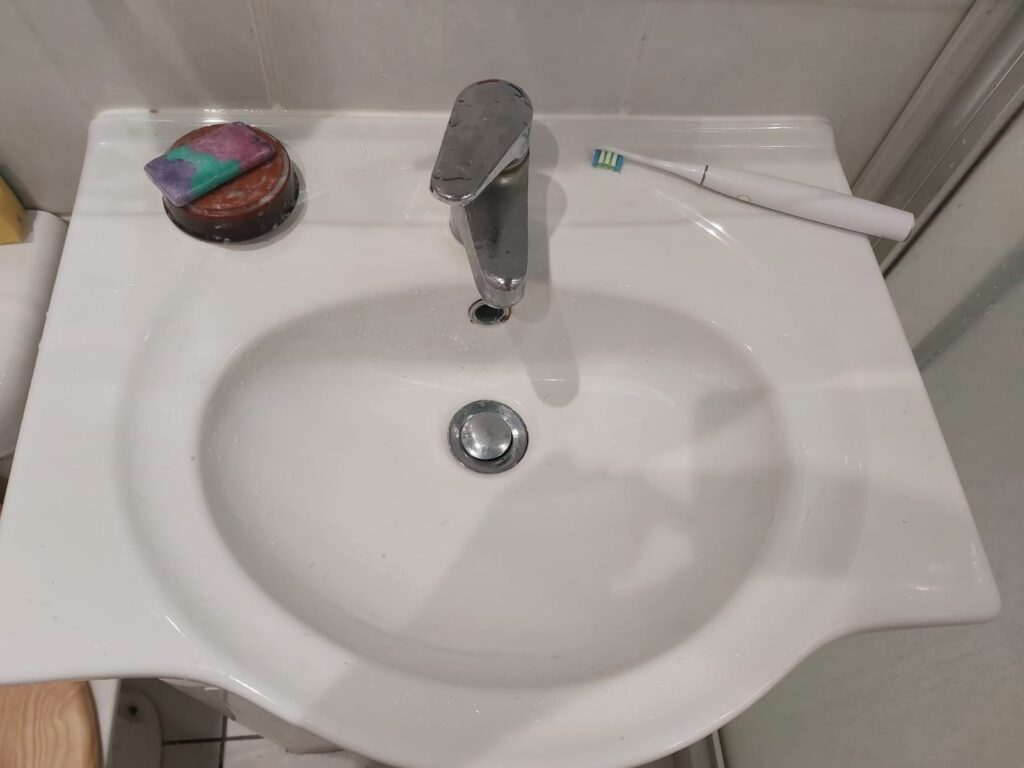
Ever faced a blocked sink or a toilet that just won’t flush properly? It can be incredibly frustrating, especially when you don’t want to wait for a plumber. Luckily, there are plenty of DIY solutions that can save you time and money. Let’s dive into the common causes and easy fixes for these pesky problems.
Understanding the Culprit
Before we jump into the solutions, it’s essential to understand what might be causing the blockage. Common culprits include hair, soap scum, grease, and debris buildup over time. Identifying the cause can guide you in choosing the most effective unclogging method.
Common Causes of Blocked Sinks
Blocked sinks are usually the result of everyday activities. Here are the main culprits:
- Food Debris – Bits of food often slip down the drain during washing up. Over time, these accumulate and cause sink blockages.
- Grease Buildup – Grease from cooking can solidify in your pipes, leading to significant clogs.
- Foreign Objects – Sometimes small items accidentally find their way into the sink, causing an obstruction.
Tools and Materials
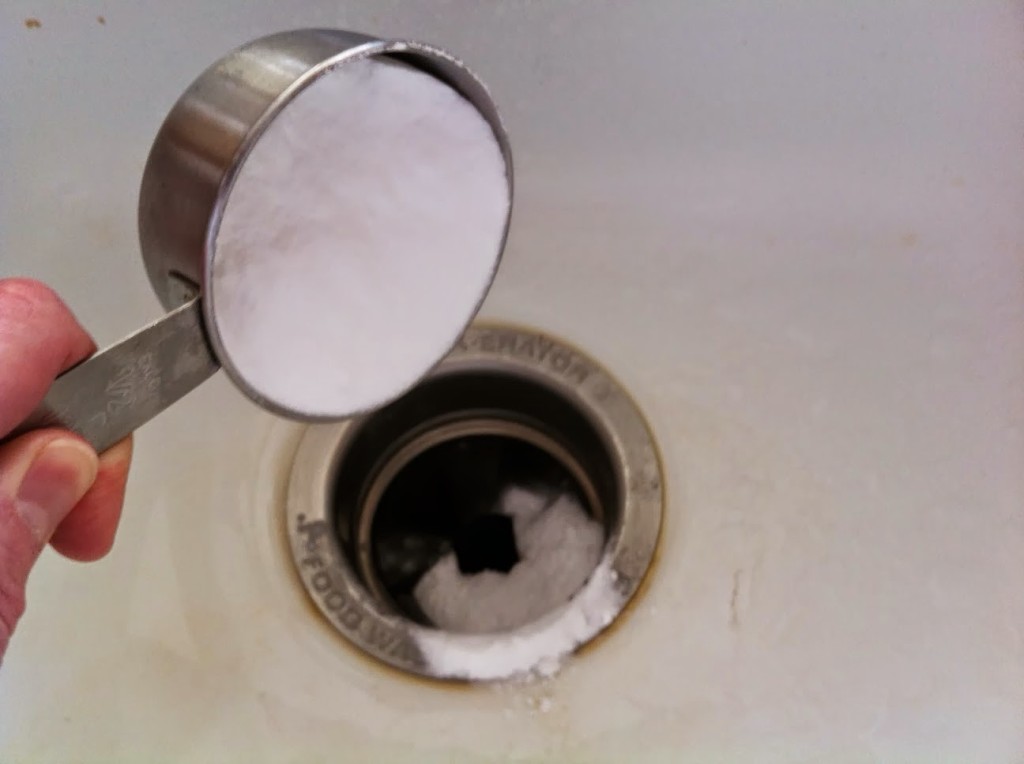
Here’s a list of the tools and materials you might need:
- Plunger: A basic but effective tool for unclogging drains.
- Drain Snake: Ideal for reaching deep clogs.
- Baking Soda: An excellent natural cleaner.
- Vinegar: Perfect for breaking down stubborn clogs.
- Boiling Water: A simple yet effective solution.
Methods for Unclogging
The Plunger Method to Unblock a sink
The trusty plunger is often the first line of defense against drain clogs. A plunger is a classic tool for a reason. It creates suction that can dislodge blockages from the sink. To use it effectively:
- Step 1: Ensure there’s enough water to cover the plunger’s rubber cup.
- Step 2: Place the plunger over the drain and create a tight seal.
- Step 3: Push and pull the plunger vigorously for about a minute.
- Step 4: Repeat if necessary until the water begins to drain.
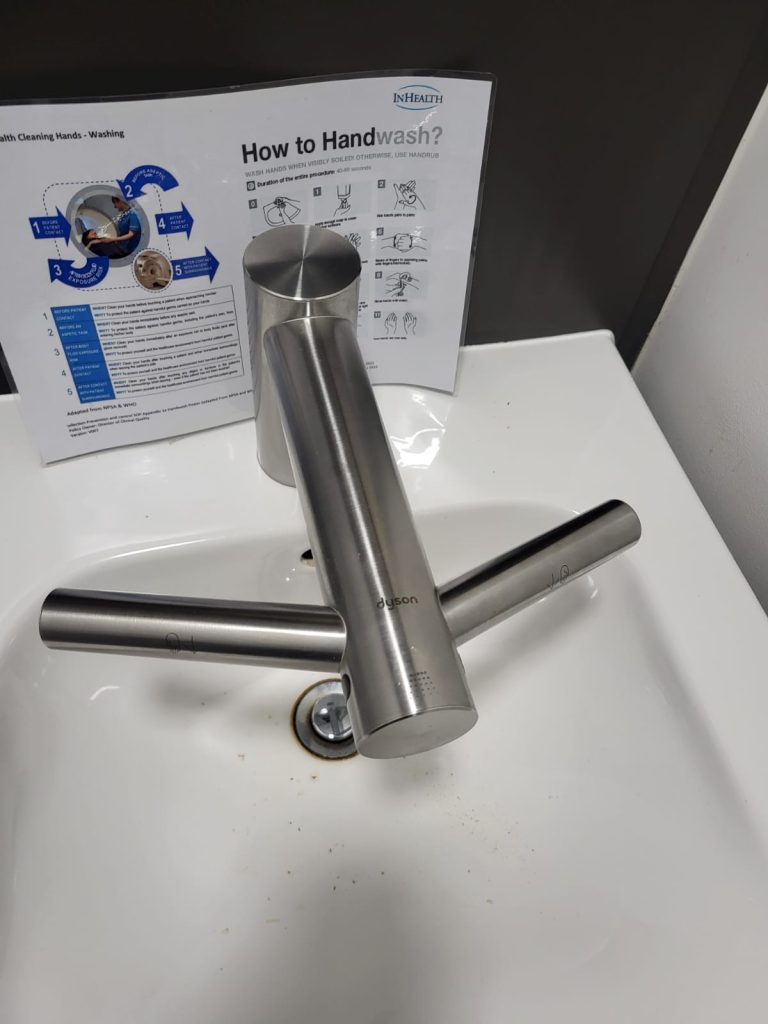
The Baking Soda and Vinegar Combo to Unblock a sink
This natural solution can break down debris. Pour a cup of baking soda followed by a cup of vinegar down the drain, then rinse with hot water after 15 minutes. This natural and chemical-free method can be surprisingly effective:
- Step 1: Pour half a cup of baking soda down the drain.
- Step 2: Follow it with a cup of vinegar.
- Step 3: Cover the drain with a cloth or stopper to contain the fizz.
- Step 4: Wait for 30 minutes and then flush with hot water.
The Drain Snake
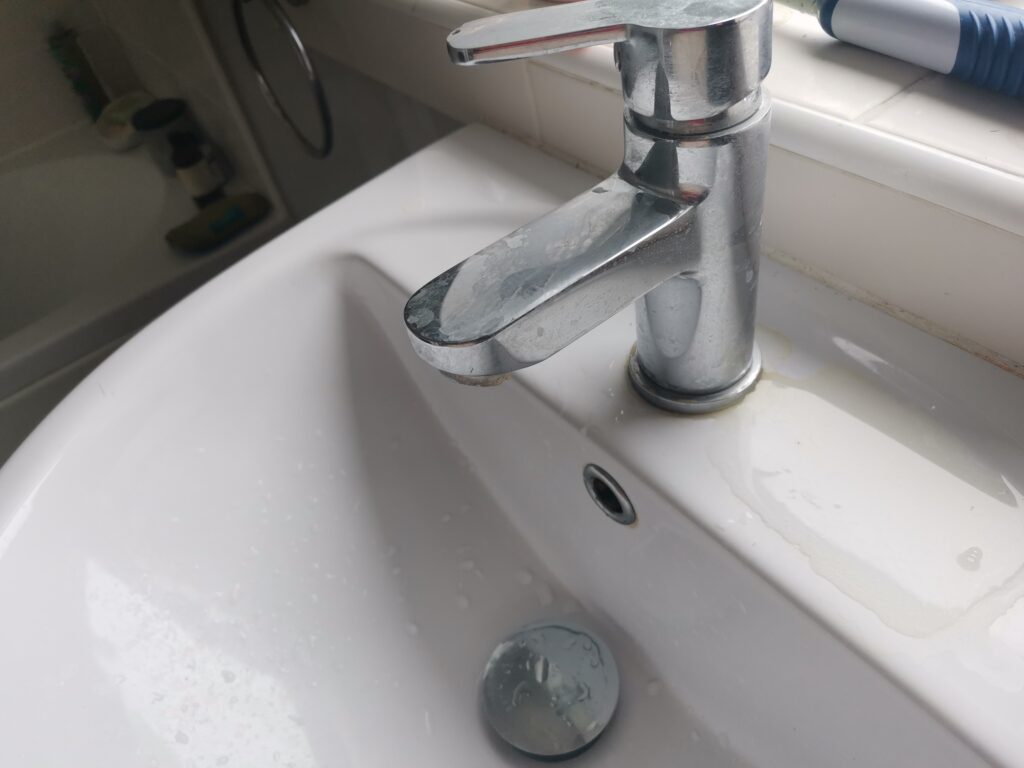
A plumbing snake is a flexible auger that can reach deep into pipes to remove clogs. For stubborn, deep-seated clogs, a drain snake can work wonders:
- Step 1: Insert the snake into the drain until you feel resistance.
- Step 2: Rotate and push the snake to break up the clog.
- Step 3: Slowly retract the snake, pulling out debris.
- Step 4: Flush with hot water to clear any remaining residue.
Boiling Water
Pouring boiling water directly into the sink can dissolve grease and other blockages in the sink pipes. For minor clogs, boiling water can sometimes do the trick:
- Step 1: Boil a pot of water.
- Step 2: Carefully pour it down the drain in stages.
- Step 3: Allow a few seconds between each pour to let the hot water work its magic.
Unblocking Sink Pipes
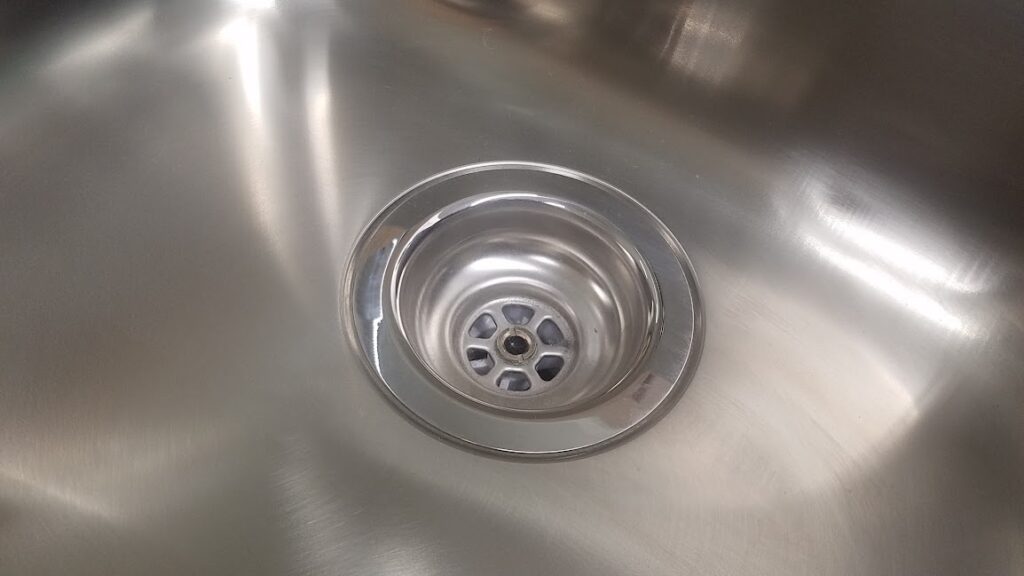
If the above methods don’t work, you might need to get hands-on with the pipes themselves.
- Dismantling the P-Trap – The P-trap is the U-shaped pipe under your sink. Dismantling it can help clear stubborn sink blockages.
- Clearing the Pipe Manually – After removing the P-trap, use a brush or a plumbing snake to clear any debris in the pipe.
Prevention Tips so you don’t need to Unblock a sink
Prevention is the best way to avoid future clogs:
- Regular Cleaning: Clean your drains with baking soda and vinegar monthly.
- Use Drain Screens: Install screens to catch hair and debris.
- Dispose of Grease Properly: Avoid pouring grease down the drain.
With these DIY methods, you can tackle stubborn drain clogs effectively and save money on plumbing bills. Remember to choose the method that suits your specific situation, and always exercise caution when working with hot water or drain snakes.
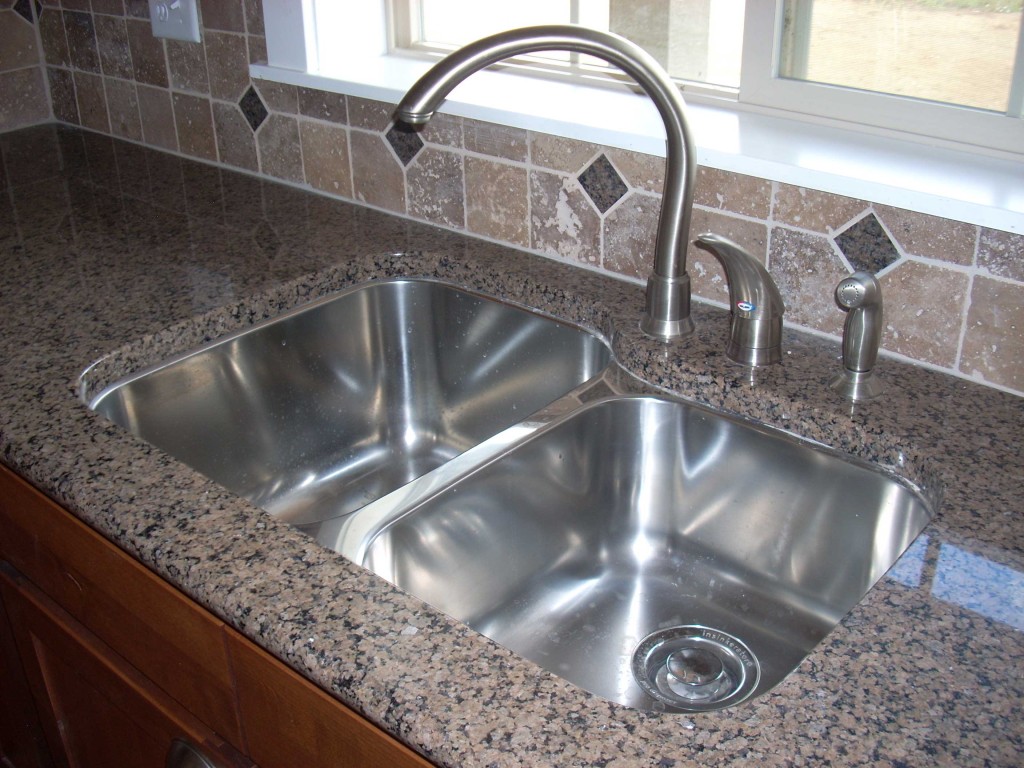
Safety Tips When Unblocking Sinks
Unblocking sinks involves some safety risks. Here’s how to protect yourself:
- Wearing Gloves – Always wear gloves to protect your hands from harsh chemicals and sharp debris.
- Using Eye Protection – Eye protection is crucial when dealing with chemicals or potential splashes.
Can a Pipe Burst When Unblocking a Sink?
Understanding Pipe Pressure When You Unblock a Sink
- While unblocking a sink, excessive force can sometimes cause pipes to burst due to increased pressure.

Signs of Potential Pipe Burst
- Look out for unusual noises, bulging pipes, or leaks which could indicate a risk of bursting.
Preventing Pipe Bursts When You Unblock a Sink
- Gentle Techniques: Use gentle methods and avoid applying too much pressure when unblocking pipes.
- Regular Maintenance: Regularly cleaning your pipes can prevent severe sink blockages that lead to bursts.
Sink Unblocking and Flooded Toilets
- Potential Risks: Improper techniques while unblocking sinks can sometimes cause water backup, leading to toilet floods.
- Proper Precautions: Ensure that your methods are safe and appropriate for your plumbing system to avoid such mishaps.
Frequently Asked Questions about sink unblocking
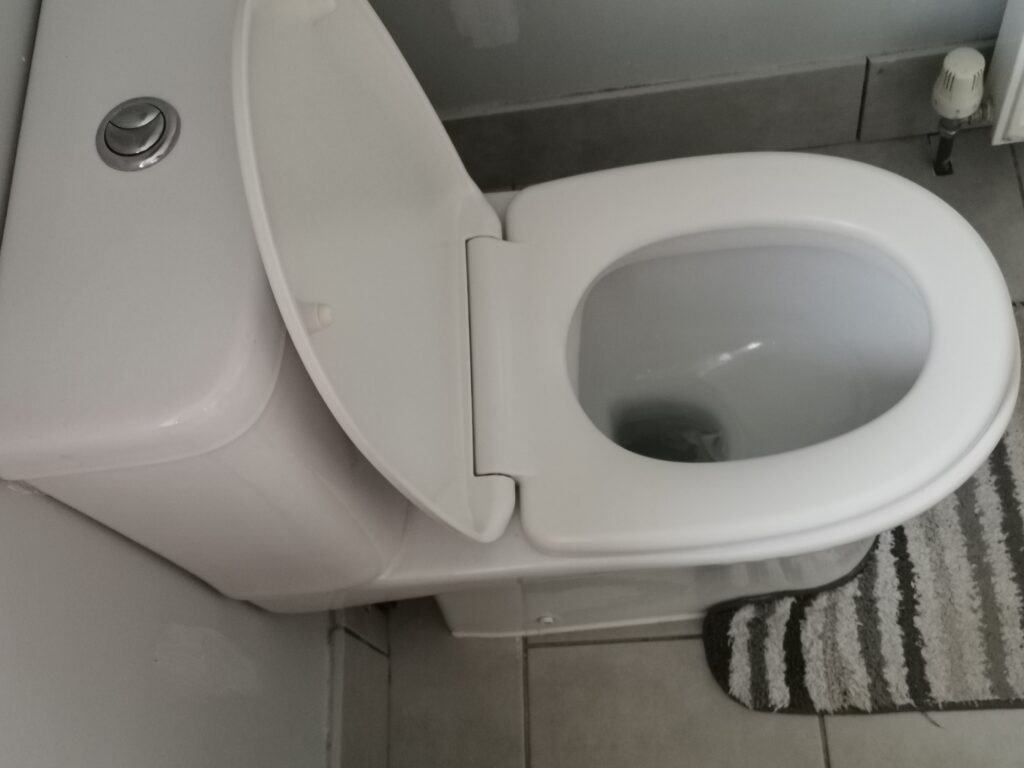
- How often should I clean my drains?
- It’s a good idea to clean your drains with baking soda and vinegar once a month to prevent clogs.
- Can I use chemical drain cleaners?
- While they can be effective, they are harsh on your pipes and the environment. Try natural methods first.
- When should I call a plumber?
- If DIY methods don’t work or if you suspect a more significant issue, it’s time to call in a professional plumber Bristol.
- Is there a way to prevent hair clogs in the shower drain?
- Yes, using a drain screen can catch hair and prevent it from clogging your drain.
- Can I use these methods on all types of drains?
- These methods are generally safe for most household drains, but exercise caution and follow specific instructions for each type.
- How can I prevent my sink from getting blocked in the future?
- Use sink strainers to catch debris, avoid pouring grease down the drain, and clean your sink regularly.
